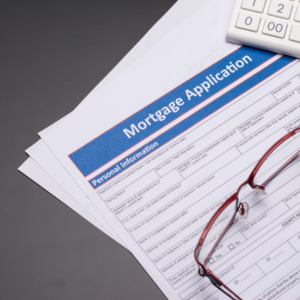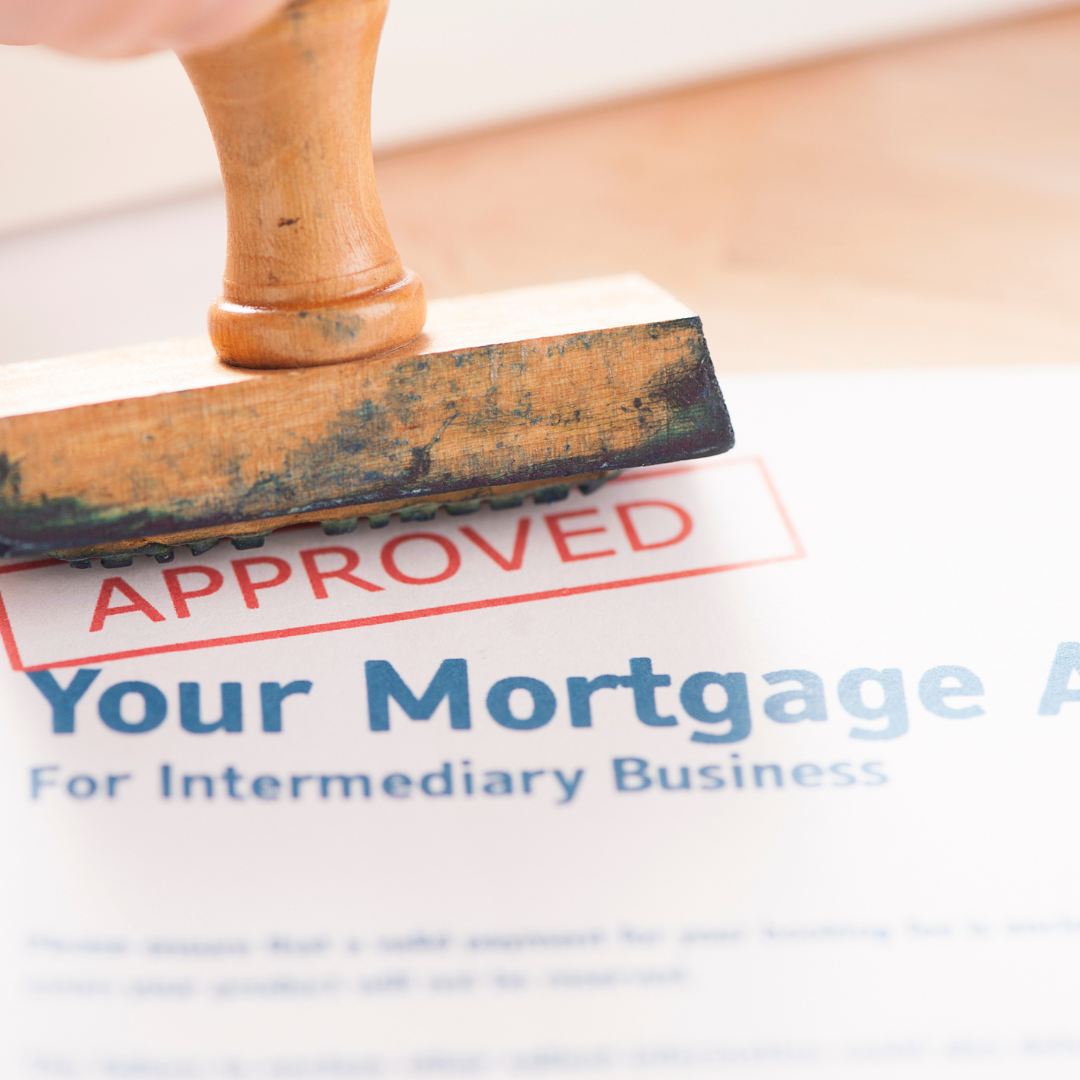Important documents you need for a mortgage application
There’s no denying that buying a home is a complex process. There are numerous important documents you need to have on hand before you can even start filling out a mortgage application.
To make things easier for you, we’ve put together a list of the most essential documents you’ll need. Therefore, before beginning the mortgage application process, be sure that you have these papers on hand.
Applying for a mortgage: the documents you need
A few documents are required when you’re ready to apply for a mortgage, such as:
-Your most recent tax return
-A copy of your driver’s license or passport
-Your social security number
-Your W-2 forms from the past two years
-Your pay stubs from the past month
-Your bank statements from the past month
-Your credit card statements from the past month
-Any other documentation of income or expenses from the past month
– The most recent bank statements.
A list of all your debts, including the balance of your credit cards, student loans, and car loans.
The value of any assets you have, including stocks, bonds, mutual funds, and real estate.
Depending on your circumstances, other paperwork may be necessary. For example, if you work for yourself, you might have to submit profit and loss statements from your business. If you had any major financial changes in the past twelve months – like starting a new job or making a big purchase – you might need to provide more documentation.
Applying for a mortgage: income and employment documentation
When applying for a mortgage, you’ll need to provide documentation of your income and employment history. This might take the form of bank statements, pay stubs, W-2 forms, or tax returns. The lender will use this information to verify your ability to repay the loan.
The required amount of documentation will be different based on your employment status. For example, if you don’t have a regular employer, the lender will most likely need more documentation to confirm your income.
The following are some common documents you’ll need to submit:
-Pay stubs: These papers illustrate your earnings and subtractions from the current year. If you’re self-employed, you’ll have to give a profit and loss statement.
W-2 forms: These documents display your salary and how much was withheld from your paychecks throughout the year. If you’re self-employed, you obviously won’t have any W-2 forms.
The lender will want to see proof of your assets, such as bank statements for your savings and checking accounts.
-Tax returns: The lender will require copies of your federal tax returns from the past two years. If you’re self-employed, your business tax returns will also need to be submitted.
Applying for a mortgage: asset and liability documentation
Start gathering the documentation you’ll need for your mortgage application around two months before you actually apply. That way, you won’t have to rush at the last minute, and you can be confident you have everything you need.
The following documents should be readily available:
– Your most recent pay stubs
– Your most recent tax returns
– A list of all your debts and assets.
– Any extra income verification
– The most recent bank statements you have.
– Any large deposits made to your accounts in the last 60 days
Applying for a mortgage: documentation of other debts
Mortgage lenders will ask for documentation of all your other debts to get a clear idea of your finances, including car loans, student loans, credit cards, and any other outstanding debt. This is to confirm that your monthly mortgage payment is affordable and that you have enough leftover income to cover your other debts and living expenses.
Applying for a mortgage: documentation of your down payment
The following documents are usually required when you apply for a mortgage:
Please include all bank statements, even if blank. This applies to both personal and business accounts.
Investment proof: stocks, bonds, annuities, etc.
A letter from the donor stating that the money is a gift and not a loan.
The underwriting fee is the charge assessed by the underwriter to cover the cost of processing your loan application.
Applying for a mortgage: documentation of your home insurance
Your lender will need you to show proof of homeowners insurance when you apply for a mortgage. Homeowners insurance protects your home and belongings from damage in the event of a covered disaster, like a fire. It also covers you if someone gets hurt on your property.
Your lender wants to ensure that your home is properly protected in the event of an accident or disaster. You can usually provide proof of insurance by giving your lender a copy of your declarations page from your homeowner’s insurance policy.
Homeowners insurance is required in order to close on a mortgage. Your lender may be able to help you find a policy, or you can shop around for one on your own.
Applying for a mortgage: documentation of your property taxes
One of the documents your mortgage lender will require during the loan application process is evidence that you are currently on your property taxes. This is because the lender wants to be sure that, if you stop making mortgage payments and go into foreclosure, the lender will still be able to recoup its investment by selling the property.
The most recent tax bill or statement will be required to show that you are current on your property taxes. If you have an escrow account with your mortgage lender, then the latest escrow statement may also suffice as it would prove that your property taxes have been paid up to date.
Before you apply for a mortgage, you will need to bring your property taxes up to date if you are behind on them. This might entail paying a lump sum to cover all past-due taxes owed, or making an agreement with your local tax authority to set up a payment plan. In any case, you will need to submit documentation demonstrating that the back taxes have been paid in full before your mortgage application can be accepted.
Applying for a mortgage: documentation of your homeowner’s association dues
Your lender will need to see documentation of your homeowner’s association (HOA) dues if you’re planning on applying for a mortgage. Many lenders require borrowers to confirm that they’re currently on their HOA dues, as it suggests that you’re staying on top of your financial responsibilities.
If you’re behind on your HOA dues, it might make your lender think you’ll have difficulty making mortgage payments. So, before beginning the mortgage application process, ensure that you’re currently on your dues.
If you’re unsure about whether or not you need to show documentation of your HOA dues, ask your lender for clarification. They will be able to tell you precisely what documentation they need from you.
| MortgagesToGo.ca | |
| Website | Mortgagestogo.ca |
| Services | New purchase, refinancing and equity takeouts, mortgage transfer, mortgage renewal Rates |
| Rates | https://mortgagestogo.ca/mortgage-rates/ |
| Address | 12 Royal Vista Way NW #1110, Calgary, AB T3R 0N2 |
| Contact Details | (888) 888-5998 |
| Operating Hours | Monday – Friday 9 AM – 5 PM |









